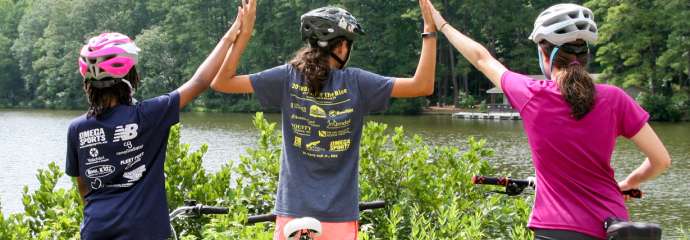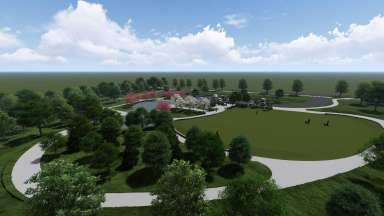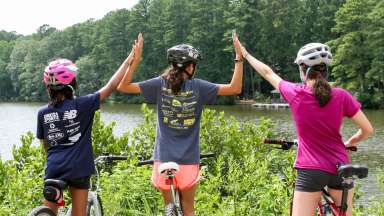The Raleigh Parks Plan Update was adopted by the Raleigh City Council on Dec. 3, 2024.
View the Plan Summary, the Complete Report and the Appendices below:
*Downloadable versions of these documents are available in the Resources Section at the bottom of this page.
Overview
The Raleigh Parks Plan establishes a long-range vision for the programs, facilities, land, and resources that make up Raleigh’s park system. Originally adopted in 2014 and updated in 2024, this plan reflects the community’s top priorities for Raleigh’s park system.
Project Details
- Type:
-
Parks
- Date Range:
- -




